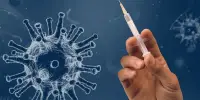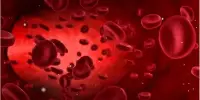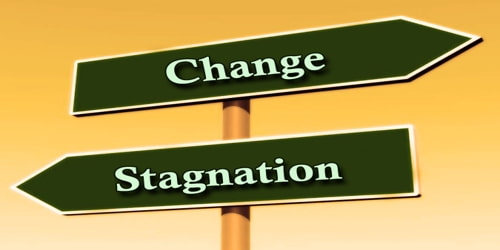According to a recent assessment by the Lancet COVID-19 Commission, the startlingly high COVID-19 death toll is “both a profound tragedy and a colossal global failure at numerous levels.”
A large, multidisciplinary research team examined data from the COVID-19 pandemic’s first two years to determine what could have been done differently and how we can better prepare for the next major disease outbreak.
The research states that COVID-19 has resulted in 6.9 million confirmed deaths and 17.2 million estimated deaths. They contend that numerous failings at essentially every level of society, from international authorities down to the common public, are to blame for this staggering death toll.
According to Professor Jeffrey Sachs, Chair of the Commission, “the astounding human toll of the first two years of the COVID-19 pandemic is a terrible tragedy and a colossal societal failure at several levels.”
“We must face uncomfortable truths: too many governments have failed to uphold fundamental standards of institutional rationality and transparency; too many people, frequently under the influence of false information, have protested fundamental public health precautions; and too many countries have failed to encourage global cooperation to control the pandemic.”
Ten of the main mistakes made by the international community in its response to COVID-19 are highlighted in the report:
The original COVID-19 epidemic was not promptly reported. The failure to swiftly and unequivocally acknowledge SARS-airborne CoV-2’s exposure pathway. The absence of coordination between nations’ repression tactics. Government’s inability to control economic and social spillovers. Global support for low- and middle-income countries is insufficient. The inability to fairly secure and distribute essential goods, such as safety equipment, diagnostic tools, medications, medical equipment, and vaccines; The absence of timely and reliable information on virus variations, infections, deaths, responses of the health system, and indirect health effects. The likelihood of a laboratory-related breakout was increased by the lax implementation of biosafety laws in the years prior to the pandemic. A lack of effort to counter misinformation and the absence of national and international safety nets to safeguard vulnerable populations.
Not everything is bad news. The report does note several global achievements, most notably the quick creation of a wide range of efficient and secure vaccines. The lack of equitable vaccination distribution around the world, however, has somewhat diminished the significance of this accomplishment.
“Global vaccine equity has not been attained more than 15 months after the first COVID-19 vaccination was given. According to Maria Fernanda Espinosa, co-author of the Commission and a former UN General Assembly president as well as Ecuador’s former minister of foreign affairs and defense, three out of four people in high-income countries have received all of their recommended vaccinations, but only one out of seven do so in low-income nations.
“If we do not share vaccine patents and technology with vaccine makers in less developed nations and expand international measures that aim to increase global vaccination equity, all countries remain increasingly vulnerable to fresh COVID-19 outbreaks and future pandemics.”
The World Health Organization (WHO) is the target of some jabs from the Lancet COVID-19 Commission for its part in the failure. They said the epidemic revealed the need for internal reform at the organization and a “significant increase in its core budget,” even though they think the WHO should continue to play a leading role in global public health.
In its reaction to the study, the WHO stated that it “welcomes the broad suggestions,” but neglected to mention some of the WHO’s achievements, such as its quick action and early recognition of asymptomatic spreading.
















